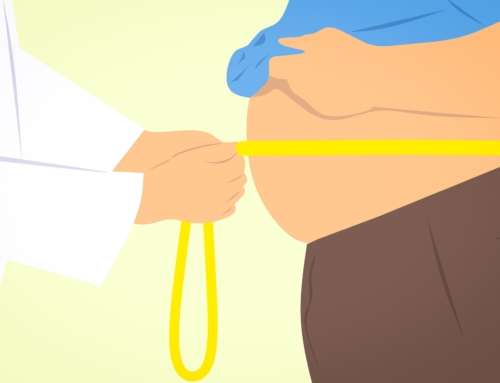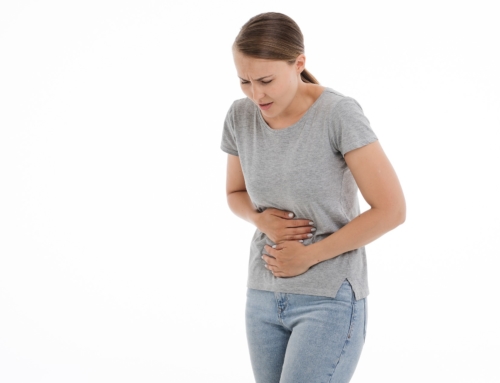I have had numerous calls and questions asking if they are high risk for getting the COVID-19 virus. Lots of data and demographics are being reported but is important to understand this data is reporting the people who have been admitted with COVID and what comorbidities (other medical issues) they had and which ones were associated with a higher death rate. The data is not showing who is at highest risk of getting the virus. We are ALL at risk which is why we are going to extremes of staying at home, washing our hands and limiting group gatherings. Don’t forget that 95% of people who get COVID will have mild symptoms so don’t let the following data paralyze you.
Reports of conditions most commonly seen in the people who have had COVID-19 and died are telling us that if you get the coronavirus with these conditions then you have a higher risk of having an adverse outcome. The more risk factors you have the higher the risk. This is why if you have one of these risk factors you need to take extra precautions. The question arises should you leave your work and stay at home. Good question. Let’s look at the demographics so you can determine what type of risk you have….
If you have any of the following conditions then the data is pointing to higher risk.
- Cardiovascular disease
- Diabetes
- Chronic respiratory disease (COPD or moderate to severe asthma)
- Hypertension
- Chronic kidney disease
- Liver disease
- Cancer
- Immunocompromised state *see discussion below
- Older than 65 years *see discussion below
- People living in a nursing home or long-term care facility
If you have two or more of these conditions then your risk of adverse outcome is even higher.
Look at that list again…. 70-80% of those you have control over! Now more than ever a healthy lifestyle is important. It is never to late to start taking care of yourself. Maybe one good thing that comes out of this pandemic is a wake up call to start taking care of yourself. Just because diabetes, high blood pressure, heart disease can be managed with medications does not get you off the hook for taking better care of yourself. Lose that extra 20 pounds you might be carrying around, get outside and walk and start making better food choices….now!
I want to point out the age risk factor. Data is showing the older you are the higher your risk of having an adverse outcome if you get the virus. 80+ years is the highest risk group but CDC is saying anyone over 65 is considered at increased risk. Don’t forget though that even though the older you are the higher the risk of an adverse outcome this is not saying just because you are young you can’t get the infection and have a serious negative outcome so stay safe!
A recent review of one hospitals statistics showed out of 72 admitted COVID patients:
-
- 47.2% (34 patients) were diabetic
- 29.2% (21 patients) were pre-diabetic
- Average BMI (body mass index) of several ill patients was 30.7
Body mass index is a calculated number using your height and weight (and sometimes other parameters). If you don’t know your BMI then find out right now by clicking here. BMI is not an independent risk factor however the higher the BMI number the increased likelihood you may have other health issues that do increase your risk.
What about immunocompromised patients?
Patients with severely immunocompromised health are at higher risk. So who is severely immunocompromised? According to the CDC:
- Undergoing active cancer treatment
- AIDS or poorly controlled HIV
- Bone marrow or organ transplants
- Prolonged use of steroids
- Prolonged use of other immunosuppressing medications: Humira, Imuran, Cellcept, Methotrexate, for example.
It has not been clearly defined if there is any increased risk with autoimmune conditions as these conditions are not mentioned in any demographics of risks that I have seen. Let’s look at a few scenarios that I think would just be common sense:
- Poorly controlled autoimmune conditions on immunosuppressive medications then I would consider you at very high risk.
- Well controlled autoimmune conditions on immunosuppressive medications: moderate to high risk depending on other risk factors.
- Autoimmune conditions with no need for immunosuppressive medications: low to moderate risk depending on other risk factors.
I want to address two conditions that I am getting a lot of questions about:
- Hashimoto’s (autoimmune thyroid): while this is an autoimmune condition I typically do not see significant decline in the immune system and as long as you don’t have other risk factors then I consider this lower risk
- EBV (Epstein barr virus – mononucleosis): this one is harder so let’s break this down into the different types.
- Elevated IgM – this means you have active mono and you would be at higher risk
- Elevated early antigen – this means you have a reactivated mono but this can come and go just like a fever blister.
- When you have a flare of symptoms then you would be at a higher risk however if you are not in a flare your risk would most likely be lower.
- If your early antigen is above 100 then I would consider you at higher risk
- Markers for past infection only – no increased risk
*the elevated early antigen and immunocompromised state has not been clearly defined. It is difficult to say just how immunocompromised an individual is with this marker for that reason.
Should you remove yourself from the workforce if you are at risk?
-
- If you are elderly then this is a state mandate right now.
- If you have active AIDS, cancer treatment, poorly controlled autoimmune conditions on immunosuppressive drugs then the answer would be yes.
- Everyone else is in the gray zone and you need to look at all of your risk factors that are mentioned above and make that decision yourself.
Bottom line…. We are all at risk so take precautions! Keep in mind that 82% of cases who were hospitalized recovered and 95% of currently infected patients have a mild condition and this number is grossly underestimated because of lack of testing.
To your health,
Laura









